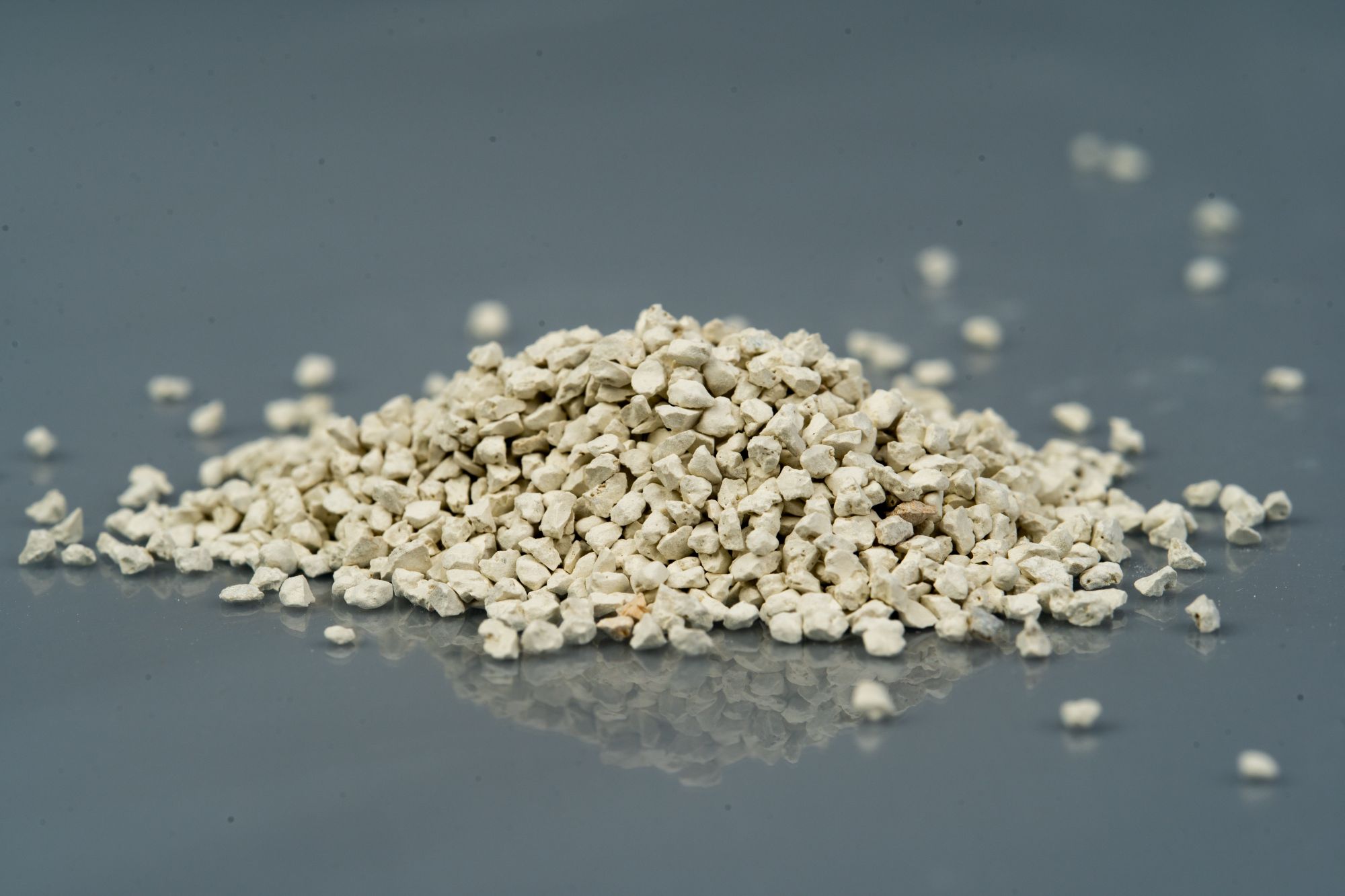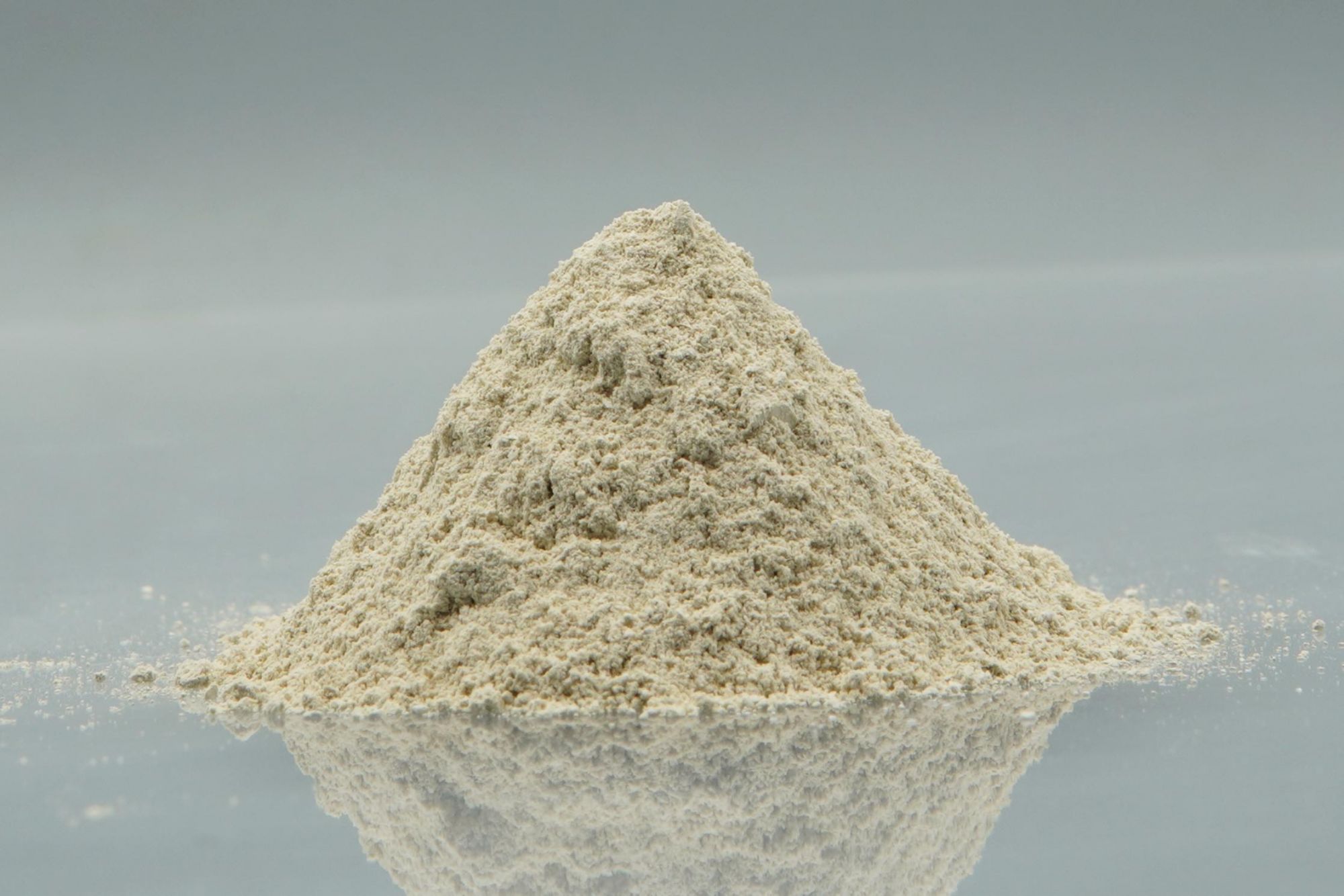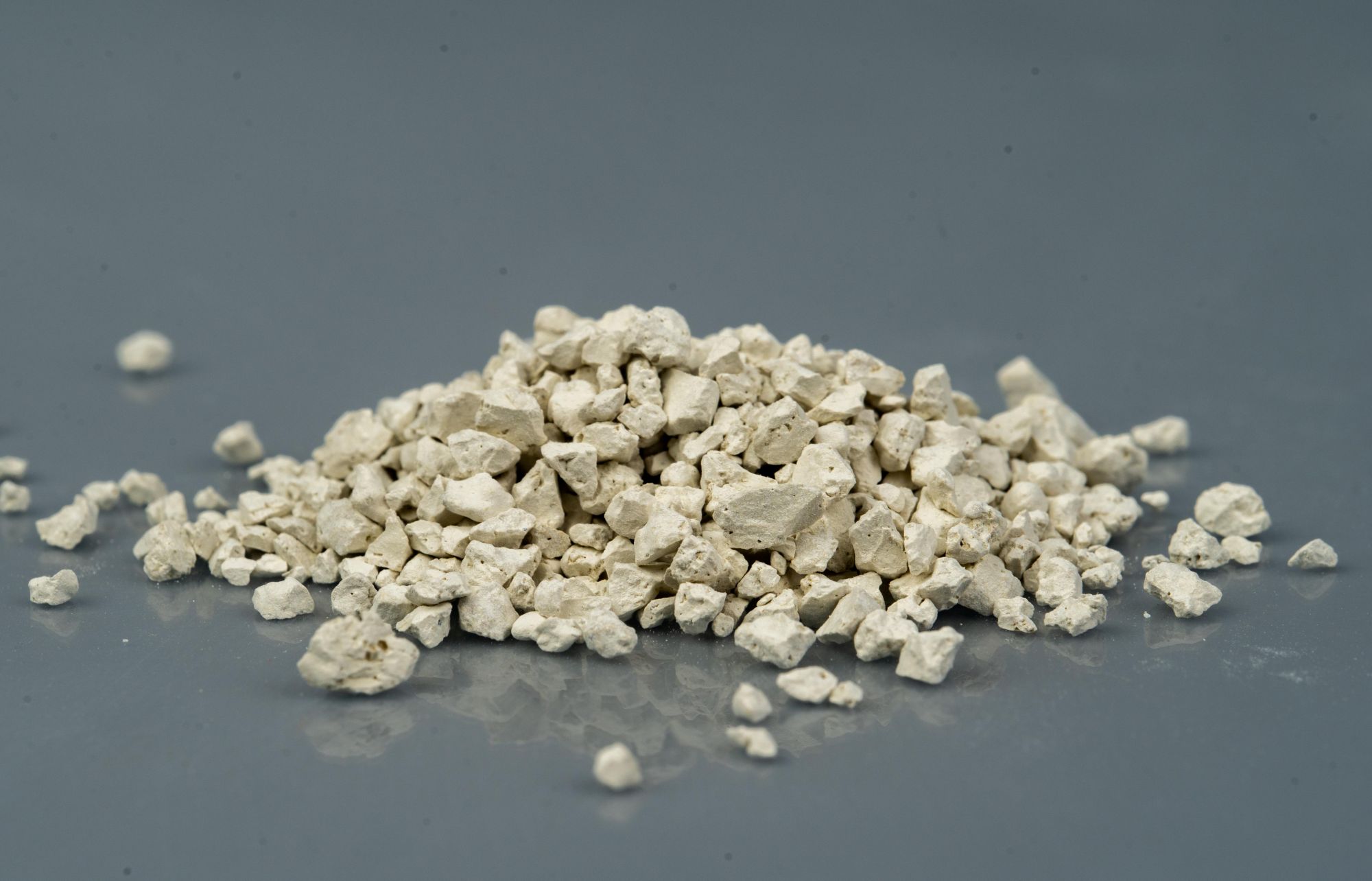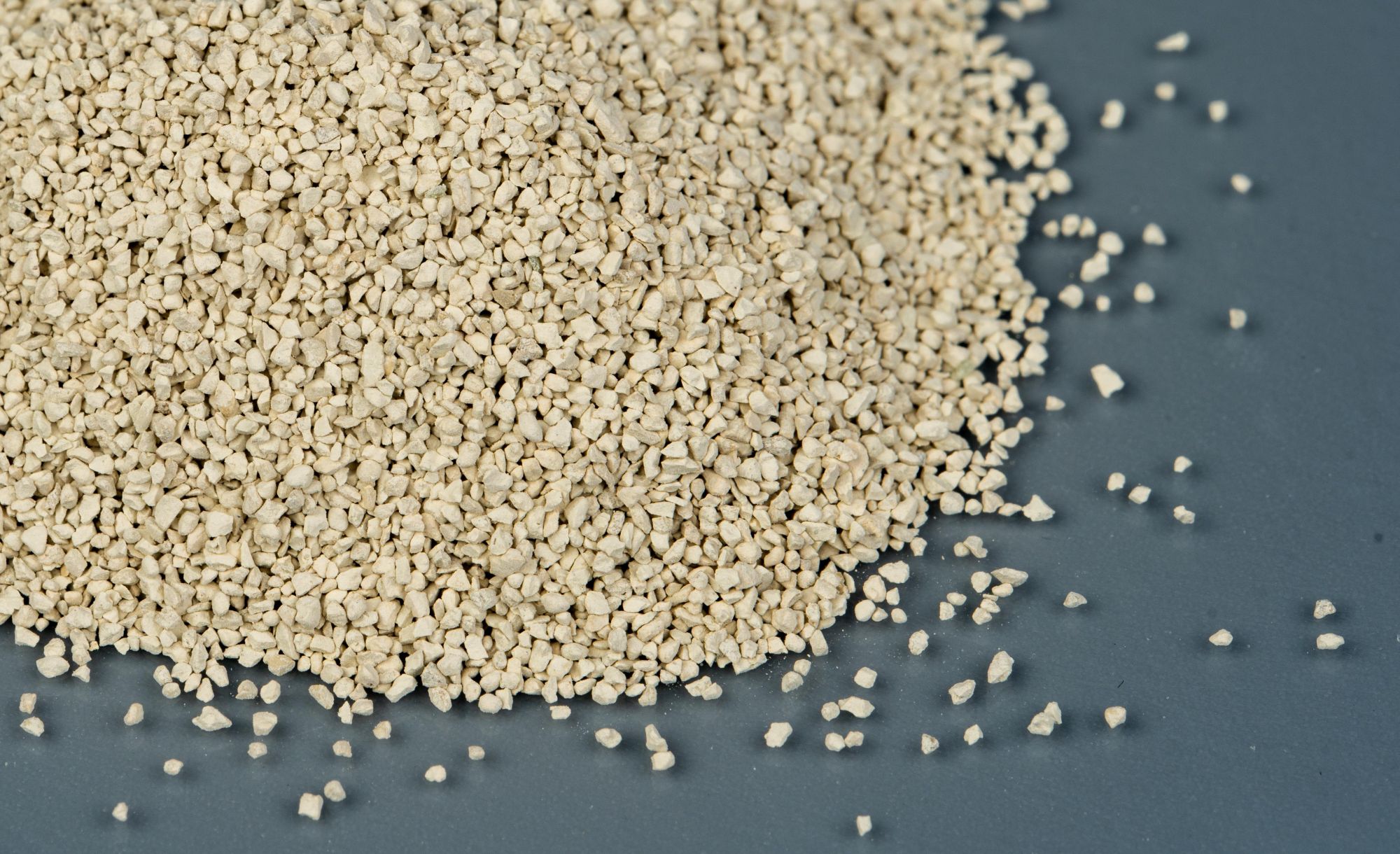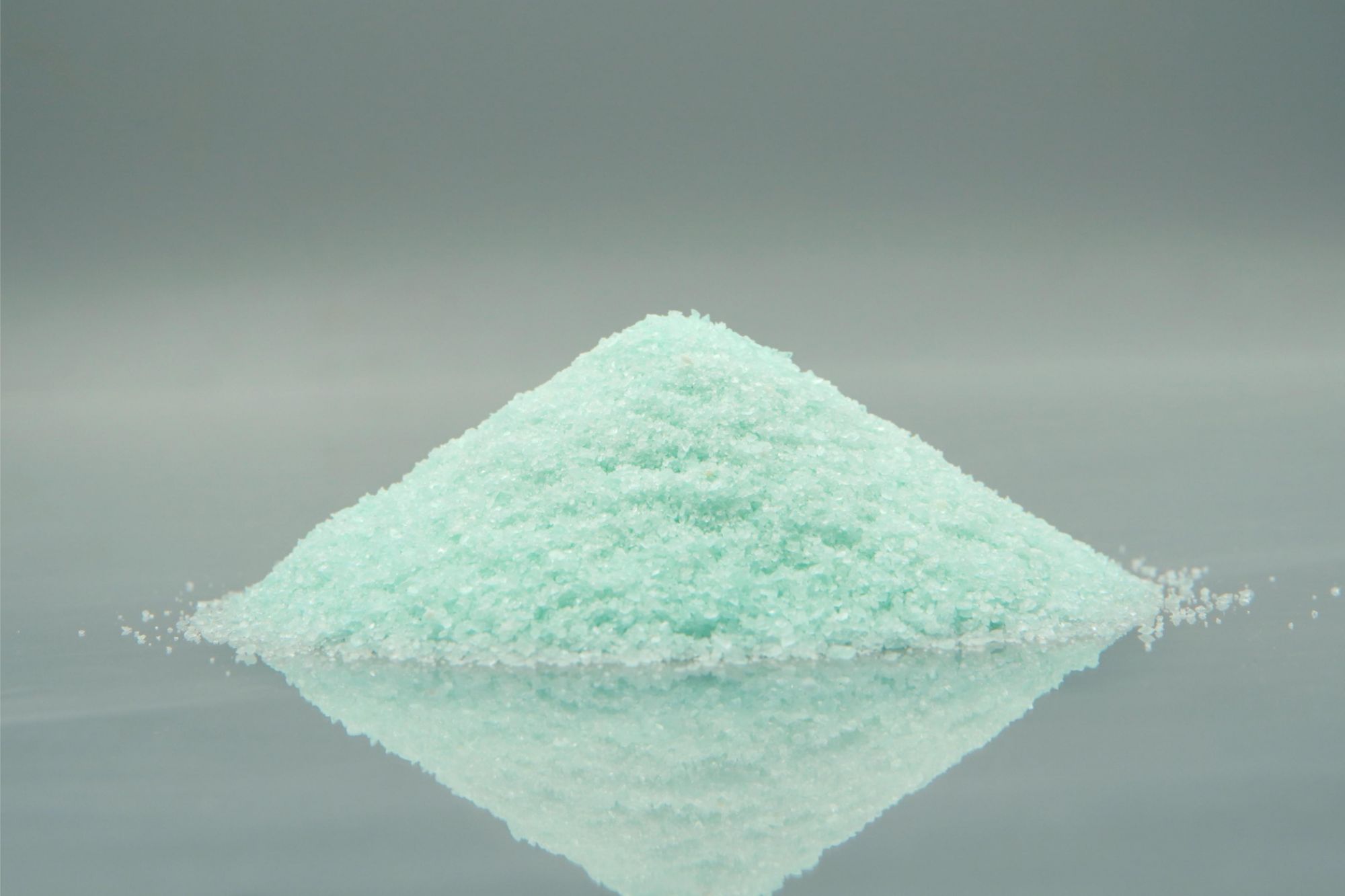Ferrous Sulphate
Animal Nutrition
Ferrous sulphate, a common iron supplement, plays a pivotal role in animal nutrition. As an essential trace mineral, iron is a key component of hemoglobin, a protein in red blood cells that carries oxygen to cells throughout the body.
Key Benefits of Ferrous Sulphate in Animal Feed:
- Prevents and Treats Anemia: Iron deficiency anemia is a common condition in animals, particularly young ones. Ferrous sulphate helps replenish iron stores, preventing anemia and its associated symptoms such as weakness, fatigue, and reduced growth rates.
- Enhances Growth and Development: Adequate iron is essential for the production of new red blood cells, which are vital for growth and tissue repair. By supplementing with ferrous sulphate, farmers can promote optimal growth and development in their livestock.
- Boosts Immunity: Iron is involved in various immune functions, helping animals fight off infections and diseases. Ferrous sulphate can help strengthen the immune system and improve overall health.
- Improves Feed Efficiency: When animals have adequate iron, they can utilize feed more efficiently, leading to better weight gain and improved production performance.
Agriculture Nutrition
Ferrous sulphate is a commonly used iron supplement in agriculture and horticulture. Iron is an essential micronutrient for plants, playing a critical role in chlorophyll production, photosynthesis, and overall plant health.
Key Benefits of Ferrous Sulphate for Plants:
- Prevents and Corrects Iron Chlorosis: Iron chlorosis is a common plant disorder characterized by yellowing leaves with green veins. Ferrous sulphate helps to prevent and correct this condition by supplying the iron that plants need to produce chlorophyll.
- Enhances Growth and Development: Iron is essential for many plant growth processes, including cell division and the synthesis of essential enzymes. Ferrous sulphate can promote vigorous growth, increased flowering, and improved fruit production.
- Improves Soil Structure: In alkaline soils, iron can become less available to plants. Ferrous sulphate can help to acidify the soil, making iron more accessible to plant roots.
- Aids in Nutrient Uptake: Iron plays a role in the uptake of other essential nutrients, such as nitrogen and phosphorus. By ensuring adequate iron levels, growers can improve the overall nutrient status of their plants.
Cement Industry
Ferrous sulphate, a common iron salt, finds a unique application in the cement industry. While primarily used as a nutrient in agriculture and horticulture, it also plays a crucial role in cement production, offering several benefits.
Key Roles of Ferrous sulphate in Cement:
- Chromate Reduction: One of the primary uses of ferrous sulphate in cement production is to reduce hexavalent chromium (Cr6+), a toxic compound that can be present in cement raw materials. Ferrous sulphate acts as a reducing agent, converting harmful Cr6+ to less toxic Cr 3+. This process is essential for ensuring the environmental safety of cement products.
- Aeration Aid: Ferrous sulphate can be used as an aeration aid in cement production. By promoting the formation of small air bubbles within the cement paste, it can improve the workability of the cement and enhance its final properties, such as strength and durability.
- Coloring Agent: In certain applications, ferrous sulphate can be used as a coloring agent to produce colored concrete. When added to cement, it can impart a yellowish or brownish hue to the final product.
- Accelerating Hydration: In some cases, ferrous sulphate can be used to accelerate the hydration process of cement, leading to faster setting times. However, this effect is highly dependent on the specific composition of the cement and the amount of ferrous sulphate added.
Wastewater Treatment Industry&Mining Industry
Ferrous sulphate plays a significant role in wastewater treatment industry and mining Industry. Due to its unique chemical properties, it is widely used to treat various types of wastewater and mining processes.
Key Applications of Ferrous sulphate in Wastewater Treatment:
- Coagulation and Flocculation: Ferrous sulphateis a highly effective coagulant and flocculant. When added to wastewater, it neutralizes charges on suspended particles, causing them to clump together into larger, heavier flocs. These flocs can then be easily removed from the water through sedimentation or filtration.
- Phosphorus Removal: Ferrous sulphate can be used to remove phosphorus from wastewater. Phosphorus reacts with iron ions to form insoluble iron phosphate precipitates, which can be removed through sedimentation. Phosphorus removal is essential to prevent eutrophication of water bodies.
- Heavy Metal Removal: Ferrous sulphate can be used to remove heavy metals such as cadmium, chromium, and copper from wastewater. The iron ions in ferrous sulphate react with these heavy metals to form insoluble precipitates, which can be easily removed.
- Color Removal: Ferrous sulphate is effective in removing color from wastewater, especially in the textile and dyeing industries. It can oxidize and precipitate the colored compounds, leading to a significant reduction in water color.
- Odor Control: Ferrous sulphate can help to control odors in wastewater by reducing the concentration of volatile organic compounds (VOCs) and hydrogen sulfide.
Key Applications of Ferrous sulphate in Mining:
- Ore Processing:Ferrous sulphate can be used as a reducing agent in the processing of certain ores, such as chromite. It helps to convert harmful hexavalent chromium to a less toxic trivalent form.
- Hydrometallurgy: Ferrous sulphateis used in hydrometallurgical processes to recover valuable metals from ores. For example, it can be used to precipitate copper from solution.
- Water Treatment in Mining Operations: Ferrous sulphatecan be used to treat wastewater generated from mining operations, such as





